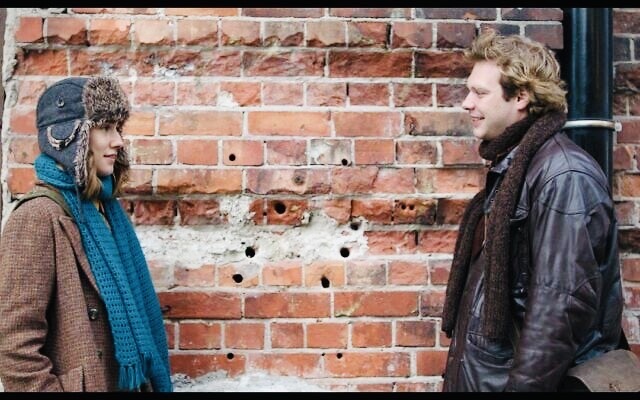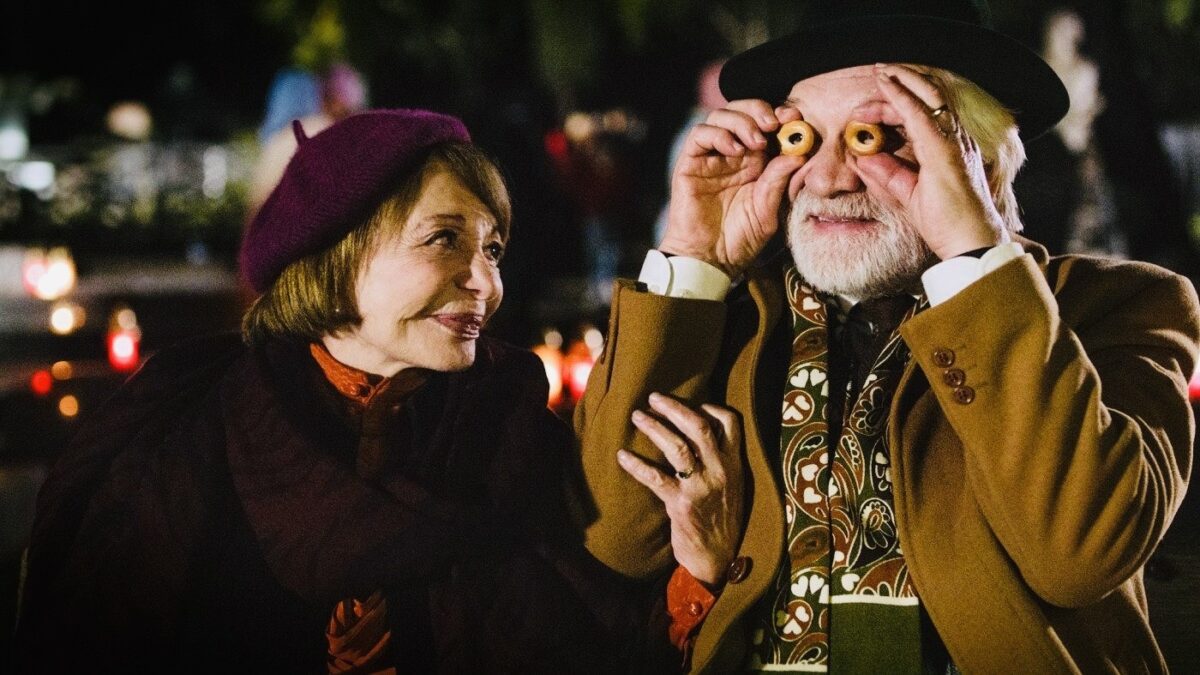Property restitution is an unresolved issue in Poland as far as Jews are concerned. While Poland has returned Jewish communal property expropriated by the Nazis during the Holocaust, the Polish government has yet to return Jewish private property to their rightful owners or descendants.
Dana Modan’s movie, The Property, is inspired by this knotty problem, but based on her sister’s graphic novel. The Israeli movie will be screened at this year’s Toronto Jewish Film Festival, which runs from June 5-15.
As it opens, the camera pans on a young unmarried couple sitting in a row boat on a placid lake in Poland before World War II and discussing the possibility of moving to Sweden. The next scene takes place seven decades later as Regina Segal (Rivka Michaeli), a Polish Jew from Israel, arrives in Warsaw with her granddaughter, Mika (Sharon Strimban), on a special mission.
Rivka, a cantankerous woman who had sworn never to revisit her birthplace, is in Poland to reclaim an apartment building the German occupying forces confiscated from her family. In a sudden about-face that puzzles Mika, Regina decides to cancel her plan.
In fact, she remains in Warsaw, further puzzling her granddaughter. From this point onward, the film grows increasingly multilayered and complex, delving into her family history in Poland and the relationship she forms with Mika in Warsaw.
While strolling through Warsaw’s former Jewish quarter, where the uprising erupted in 1943, Mika meets tourist guide Tomasz Novak (Piotr Pacek), and they establish something of a romantic fling. Novak specializes in tours of the former ghetto area, but he is also a writer and an illustrator. Currently, he is finishing a comic book about that courageous but doomed rebellion.

As the film unfolds, Mika contacts a Polish lawyer who may be able to help Regina, a widow, to retrieve her family’s property.
In the meantime, Regina visits a flat in the center of the city that once belonged to her father, but that is now occupied by Roman Gorski (Andrzej Seweryn), an aging published author, and his wife, who runs a restaurant in a corner of the apartment.
It appears at first that Regina and Roman are not strangers. Indeed, they were lovers in pre-war Poland, before the Holocaust upended their romance. Viewers are left with the impression that Regina’s real reason for visiting Poland is to meet Roman rather than reclaim her property. She and Roman share a secret that bursts into the open, shocking Mika.
Unfolding in Hebrew, Polish and English, The Property skillfully delves into a deeply emotional and practical issue that pulls at the heartstrings of both Jews and Poles. The screenplay is plausible, the pacing is fine, and the performances are credible.
This is a film that succeeds in meshing the complexities of history with personal entanglements.
